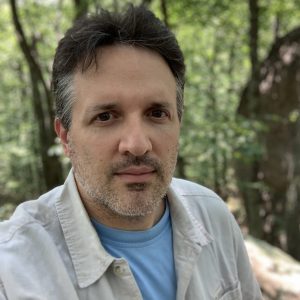Editor’s note: This piece was published in the February 3, 2014 print edition of the Virginian-Pilot, in response to the paper’s criticism of VOF’s policies about oil and gas extraction on conservation easements.
In its January 27 editorial “Conservation, Not Fracking,” the Virginian-Pilot asserted that two years ago the Virginia Outdoors Foundation “changed its easement language specifically to allow hydraulic fracturing—fracking—for oil and gas on lands protected by VOF agreements.”
As we told the paper in October when it first wrote about this issue, that assertion is false.
VOF’s standard easements do not permit drilling of any kind. However, easements are the result of voluntary negotiations between VOF and landowners, and when landowners have requested to retain limited mineral rights, we have occasionally allowed it under two conditions: that the retained rights comply fully with federal laws, and that the easements include any restrictions that VOF feels are necessary to protect the conservation purposes of the agreement.
On older easements, the restrictions were more permissive. As we learned more about oil and gas drilling over the years, we increased our restrictions.
Which brings us to 2012.
That year, after many months of research on the latest oil and gas technologies, VOF staff proposed and the board accepted new restrictions meant to protect our easements from impacts associated with, among things, hydraulic fracturing. Our new restrictions went above and beyond our older restrictions. For example, several surface activities associated with fracking that were previously unrestricted were now clearly restricted.
Do the restrictions prohibit fracking? No. Nor do they allow it. Rather, they establish a set of binding and permanent conditions that any activity—fracking or otherwise—would have to comply with. We also retain the right to review and approve any plan before drilling begins.
The bottom line is that our policies are in entirely consistent with tax laws governing easements, standard practices in the land conservation community, and our role as a state agency serving the public. If anything, the 2012 changes to our policies made our protections stronger.
Just as oil and gas technologies evolve, so do our policies. We will be seeking public input at a forum on this issue in Fredericksburg in March. Details will be posted at vof.org in the coming weeks. We welcome all input on this very important issue.
